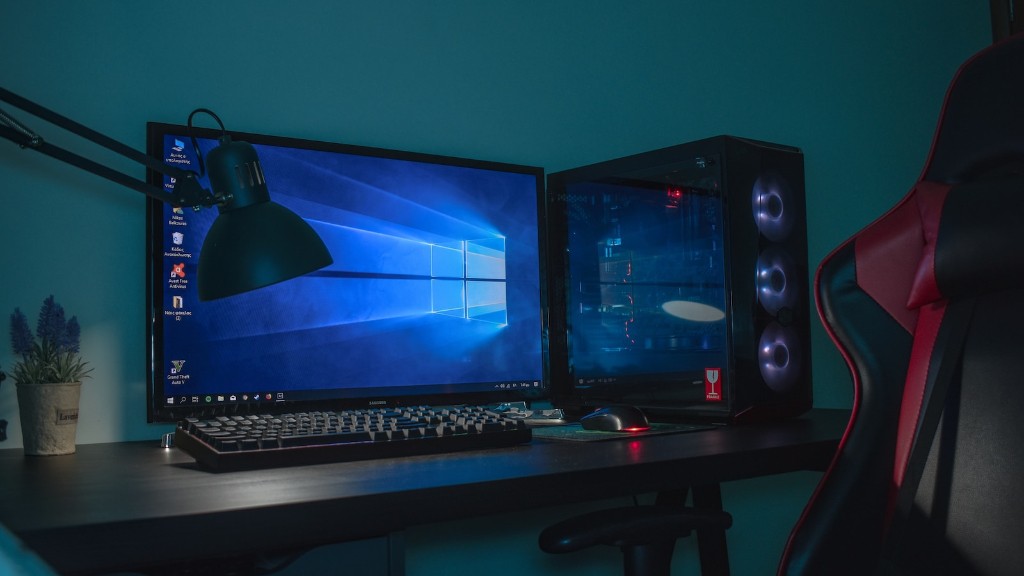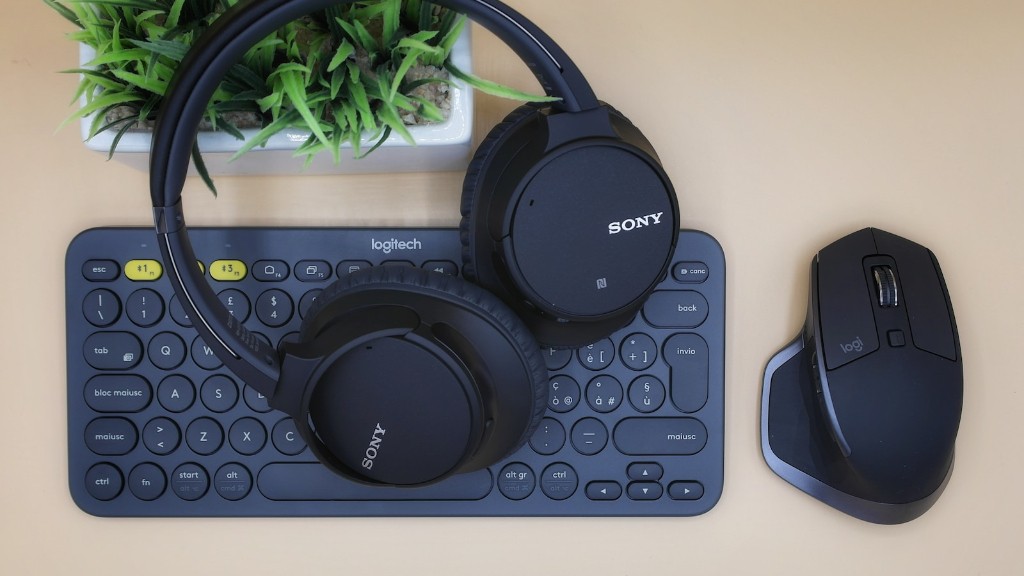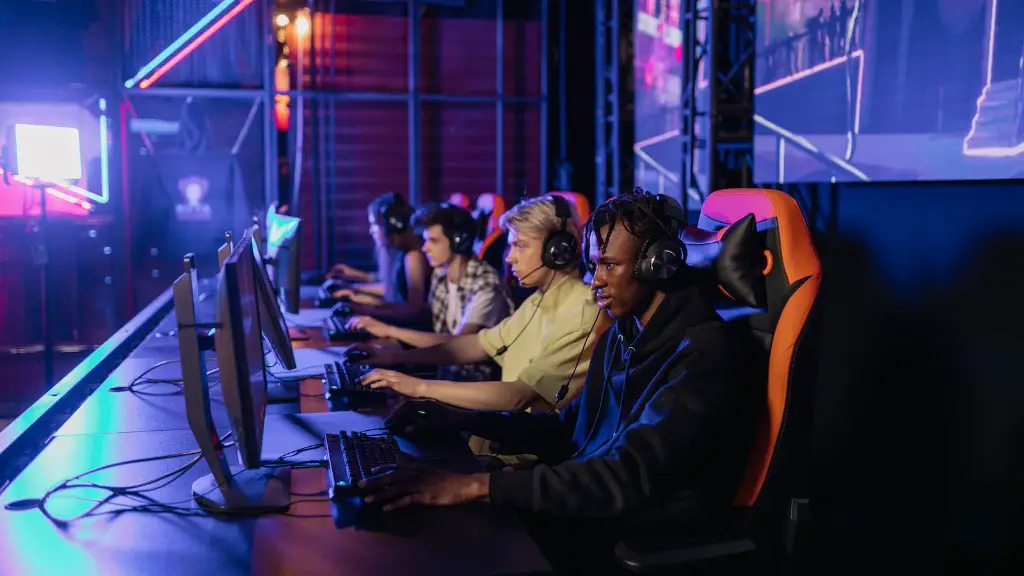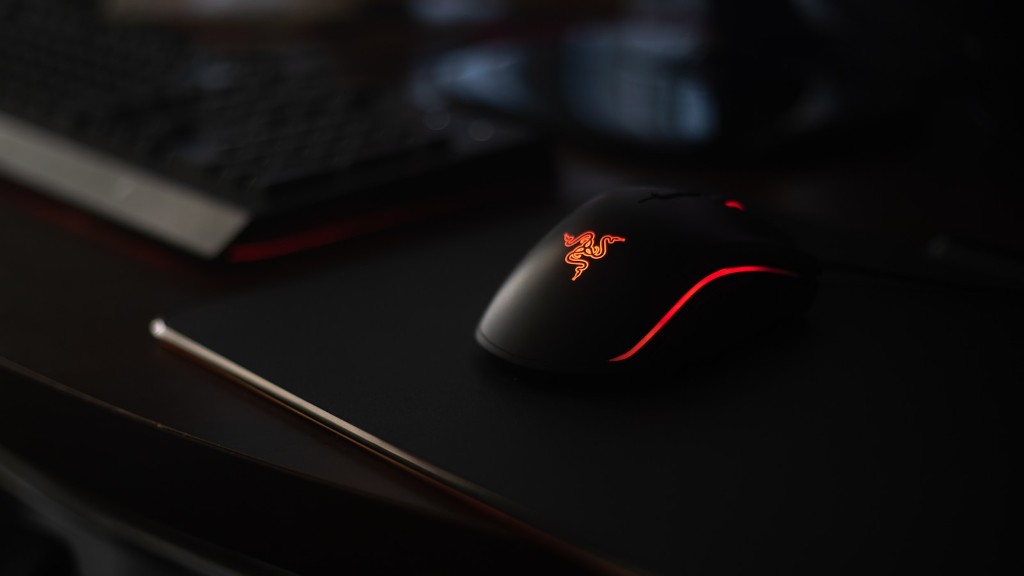As gamers, we’re all familiar with the high prices associated with gaming PCs. The average gaming PC can cost anywhere from $1,500 to upwards of $5,000. So, why are gaming PCs so expensive? This article will look into why gaming PCs are typically more expensive than their console counterparts.
For starters, gaming PCs require powerful components to produce the best gaming performance. This means investing in high-end graphics cards and gaming-grade processors, both of which can cost more than the console itself. In addition, gaming PCs include additional components like liquid cooling systems and high-end motherboards, making the investment that much larger.
Another reason why gaming PCs are expensive is that they are often custom-built. Many gamers choose to customize and build gaming PCs, selecting individual components to tailor their setup to their preferred performance. This type of customization often results in higher costs, as parts can become more expensive when selected and purchased individually. Furthermore, the time it takes to customize and build a gaming PC must be taken into account, as PC components can be complex, even for experienced gamers.
In addition, gaming PCs often require more maintenance than consoles. PCs tend to run more intensive tasks on a regular basis, resulting in higher rates of wear and tear on the hardware. This means increased operational costs for gamers, as parts will need to be replaced or upgraded more frequently than with consoles. Furthermore, these upgrades can become quite expensive over time, depending on what components need replacing.
Lastly, gaming PCs tend to be more powerful than consoles. This is due to the fact that gaming PCs are able to run multiple tasks simultaneously, which increases their performance output. This additional power often comes at the cost of more expensive hardware, as components must be more powerful in order to run the most demanding games. As such, gaming PCs will usually be more expensive than their console counterparts.
Factors such as Customization Costs
In order to build a gaming PC, gamers must factor in the costs of customization. Customizing PC components means selecting individual parts and having them assembled. This adds to the overall cost of the system, as it can be pricey to choose certain parts or even have them built professionally. Furthermore, gamers may need to invest in software to ensure that the PC runs properly, adding further to the cost of owning a gaming PC.
This customization aspect of gaming PCs can be advantageous for those looking for a unique gaming experience. Yet, for those who are budget-conscious, this heightened degree of customization can be a major prohibitive factor. With console gaming, players can easily purchase a pre-configured system, confident in their knowledge that the game will run properly and at its designed specifications.
The cost of customization can also come in the form of time. Many gamers choose to build gaming PCs as a hobby, and spend endless hours researching, sourcing and installing the hardware needed to power the system. This added effort often results in reduced cost, as gamers may purchase components at a discounted rate. However, the time and effort needed to customize a gaming PC must be taken into account before going down this route.
Ultimately, gaming PCs are often more expensive than consoles as they require powerful components and customization. Customizing gaming PCs can become complex, expensive and time-consuming, especially for gamers on a budget. Furthermore, maintenance costs and a need for higher-end components can also add to the cost of gaming PCs. As such, gamers should take all of these factors into consideration when deciding between a gaming PC or a console.
Comparing Performance and Durability
An important factor to consider when evaluating the cost of a gaming PC is performance and durability. Gaming PCs are built for power and performance, and are often more capable than consoles when it comes to running more graphically intense games. Furthermore, gaming PCs are typically more reliable than consoles and can last longer, further adding to the value over time.
This performance aspect of gaming PCs should be compared to the cost of console gaming. Though consoles can be cheaper up-front, they may not be able to run all the most graphically demanding games. Furthermore, consoles are prone to hardware failure, reducing the lifespan and adding to the overall cost of ownership.
It’s important to do some research and compare the hardware specs of gaming PCs and consoles before purchasing a system. By researching the various hardware components, gamers can make an informed decision on which system is most cost-effective for them and which best suits their gaming needs.
Another factor to consider is gaming peripherals. PC gamers have access to a larger selection of gaming peripherals, from specialized gaming mice to gaming keyboards and VR headsets. This range of gaming accessories is often more expensive with gaming PCs, resulting in yet another expense when selecting a gaming system.
Finally, gamers should factor in their knowledge of hardware and software when looking at gaming PCs. Gaming PCs can be intimidating for inexperienced users, as the hardware components and software can be complicated to manage. As such, gamers should ensure that they will be able to manage and maintain their PC before committing to a gaming PC.
Conclusion
Ultimately, gaming PCs can be more expensive to purchase and maintain than consoles due to the need for more powerful hardware and customization. Furthermore, the range of gaming peripherals available to PC gamers is often more expensive than those available on consoles. However, PC gamers have access to a larger selection of games and may be able to find discounted components to customize their gaming PC.
Before deciding on a gaming system, gamers should compare the performance, durability and cost of gaming PCs to consoles. Gaming PCs can be a great investment and offer a rewarding gaming experience to those willing to invest in the right hardware. Those looking to find the best value should consider all the factors before finally deciding on the right gaming system.
Exploring Upgrading Options
The cost of gaming PCs can often be reduced by upgrading certain components. Upgrading graphics cards, RAM and storage are among the most common upgrades done to increase performance. These upgrades are relatively straightforward, but can still add up in cost. As such, gamers looking to upgrade their PC should research the various components available and consider the costs of upgrading before making a purchase.
Though gamers can upgrade PCs for a performance boost, this increases the time and effort needed to maintain the system. Furthermore, the process of upgrading is often complex and time-consuming. Gamers should factor in the time needed to research and install components before upgrading.
It’s also important to remember that there is a certain degree of risk associated with upgrading a gaming PC. Certain upgrades may not work as expected and may cause hardware problems. As such, gamers should make sure they are familiar with the hardware and the process of upgrading before attempting to do so.
Finally, gaming PCs often require more power than consoles to achieve optimal performance. Some hardware components, such as graphics cards and RAM, may need to be upgraded more often than with consoles due to the added demand on the system. Upgrading hardware can be costly, and gamers looking to upgrade should factor in the costs associated with more frequent upgrades.
Analyzing Maintenance and Repair Costs
The decision between a gaming PC or console should also take into account the maintenance and repair costs of each system. PCs and laptops require regular maintenance and repairs in order to perform at their best. This added function results in increased costs over time, as components may need to be replaced or upgraded more frequently than with consoles.
Furthermore, gaming PCs require repair services which may not be available with consoles. PC gamers must ensure that their hardware and software are updated, and may need to hire a repair service to keep the system running in optimal condition. This service can be costly, and should be taken into account when putting together a gaming PC.
The cost of repairs must also be factored in. PCs are more complex than consoles, and can suffer from hardware and software issues that can be costly to repair. Gamers should look into game warranties and repair services in order to ensure that repairs will be covered in the case of hardware or software failure.
Ultimately, gamers should consider their budget and the expected lifespan of their gaming system when deciding between a gaming PC or a console. Gaming PCs require regular maintenance and upgrades, and these costs must be taken into account before upgrading. Furthermore, repair costs must also be taken into account when selecting a gaming system, as PC problems can be difficult and costly to fix.
Assessing Risk and Reward
The decision to purchase a gaming PC or console should also take into account the value for money when gaming. This can be difficult to evaluate, as console and PC gaming both have their pros and cons. PCs offer a higher degree of performance, customization and reliability, whereas consoles often provide a more straightforward experience.
In addition, gamers should assess the risk associated with gaming PCs. PCs are more complex than consoles, and require more knowledge and maintenance in order to run properly. As such, gamers must assess their own technical skills before investing in a gaming PC. Furthermore, gamers should assess the risk associated with hardware failures, as PCs are more prone to hardware issues that can be difficult and costly to repair.
Overall, gamers should assess the reward and risk of each platform before investing in a gaming PC. Though PCs may offer more performance and customization, they come with their own set of risks. Gamers should research the hardware and software requirements, repair costs and maintenance needs before investing in a gaming PC.
Understand Your Requirements
It’s important to understand the performance requirements of each game on the chosen platform when choosing between a gaming PC or a console. Both consoles and PCs come with different hardware and software specs, and it’s important to understand what is needed to run each game properly. Gamers should research the hardware requirements of their favorite games before investing in a gaming system.
In addition, gamers should factor in the associated cost with game purchases. PCs typically offer a larger selection of games, but the cost of these games can add up. Console gamers may benefit from cheaper games, but their selection may be more limited than that of PCs.
Finally, return policies for gaming PCs must be taken into account. Though gamers may have the option to return their PC if it does not meet their needs, the associated costs may be too high for budget-conscious gamers. As such, gamers should evaluate their budget and the return policies when looking at gaming PCs.
Ultimately, gamers should understand the requirements of their chosen platform before investing in a gaming PC or console. Though PCs may offer more performance, the associated risks and costs should be taken into account. Gamers should research the hardware and software requirements, game costs, return policies, and reliability of each system before investing in a gaming setup.




